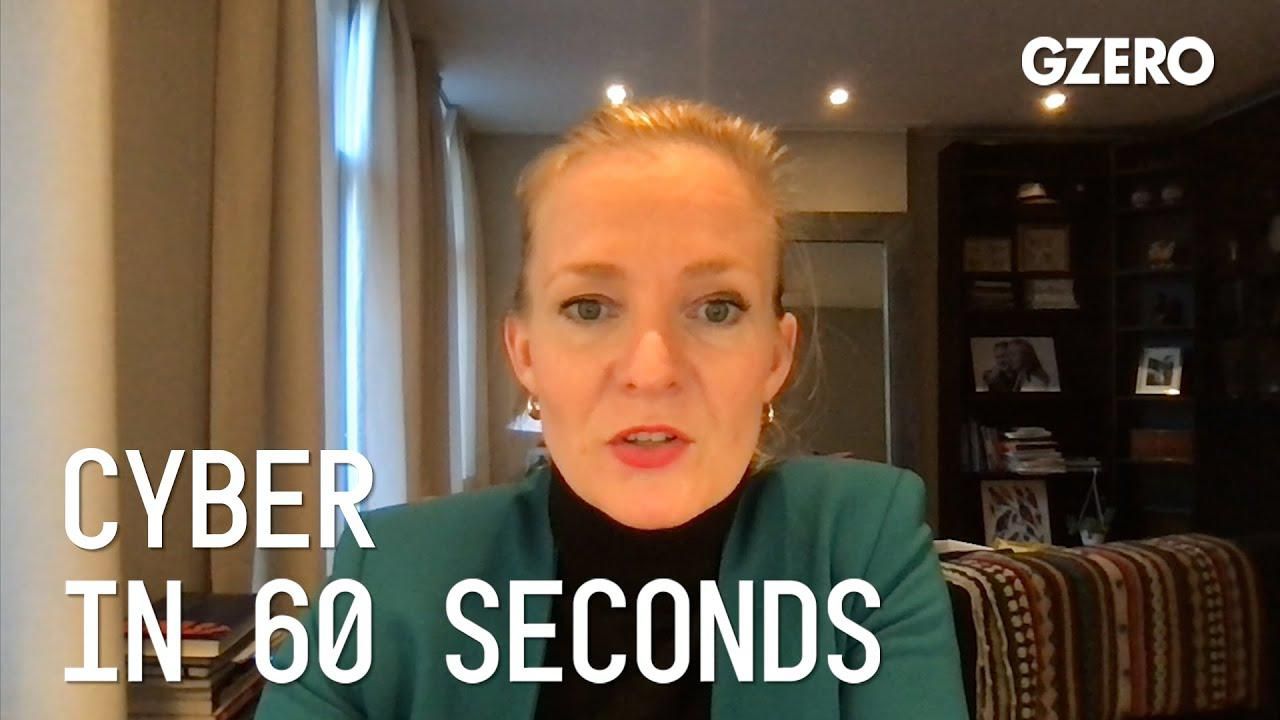
Marietje Schaake, International Policy Director at Stanford's Cyber Policy Center, Eurasia Group senior advisor and former MEP, discusses trends in big tech, privacy protection and cyberspace:
What is cloud computing?
Now it's not that easy to answer but let me give it a try. Cloud computing is the capacity to store or process data over the Internet on servers away from a device like a laptop or a mobile phone. And it actually allows for software, databases, and the storage of data to be sold as a service.
Is the future of cybersecurity in the cloud?
Well, the recently adopted executive order by President Biden with the aim of improving the US's cybersecurity does suggest as much. But I'm afraid it's not that simple. Any software can be exploited and is being breached even when it's run by major companies like Microsoft. So it's worrying that despite national security protections, even large companies cannot protect users against state hackers. So the question is, who can protect the homeland and who can assure cybersecurity?
- Impact of Microsoft hack deepens; why cyber attacks target ... ›
- Russia's cyber attack: an act of espionage or war? - GZERO Media ›
- Panel: Working together to protect cyberspace - GZERO Media ›
- Why we need a World Data Organization. Now. - GZERO Media ›
- Report: China's cyber security a decade behind the US, despite hype - GZERO Media ›
- US, NATO, & EU condemn China's Microsoft hack; Pegasus spyware leak - GZERO Media ›
- QR codes and the risk to your personal data - GZERO Media ›
- Panel: Working together to protect cyberspace - GZERO Media ›
- Biggest cybersecurity threat to watch in 2022 - GZERO Media ›